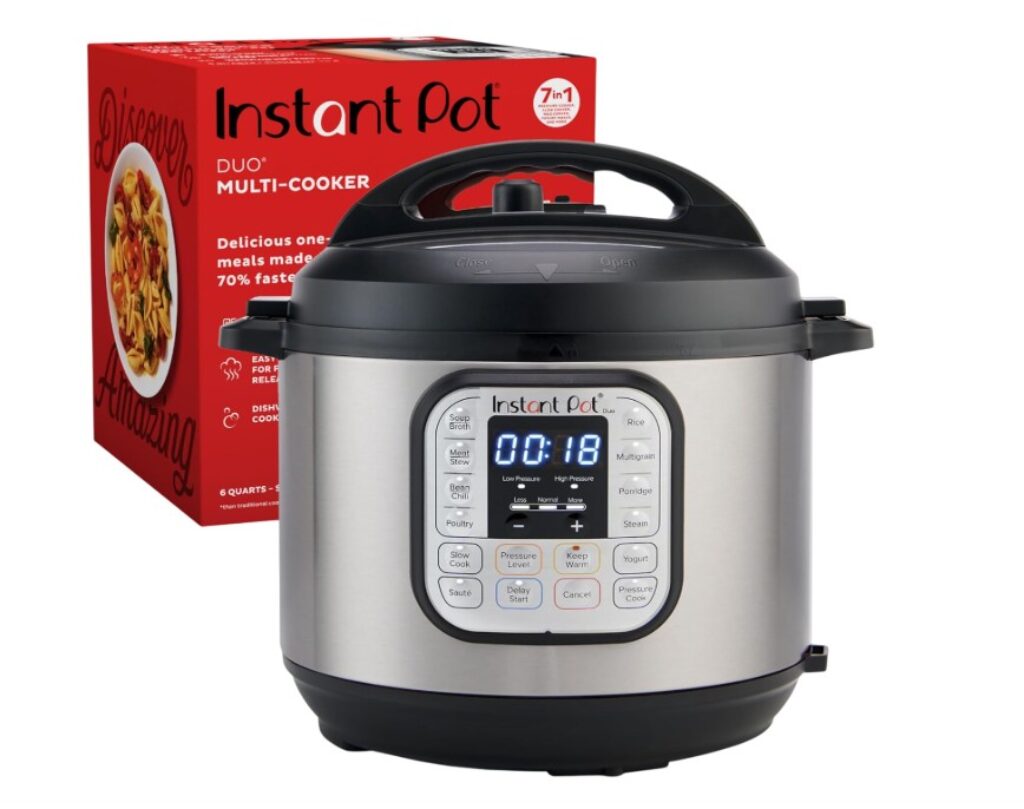In our fast-paced world, finding time to prepare healthy and affordable meals can seem like a daunting challenge. Between busy workdays, family obligations, and the constant temptation to order takeout, meal prep often becomes a chore that takes a back seat. However, with a few strategic meal prep tips, you can not only save precious time, but also significantly reduce your weekly food budget. Meal prep is not just a trend – it’s a pragmatic approach that transforms the way we manage our daily diet. In this article, we will explore ten effective techniques that will revolutionize your culinary routine, enabling you to eat healthily while preserving your wallet. Whether you are new to the art of meal preparation or looking to perfect your current methods, these tips will help you optimize your time in the kitchen while enjoying delicious and economical meals throughout the week. www.purchasesweb.com

Strategic planning: the foundation of successful meal preparation
The key to efficient meal preparation lies above all in meticulous planning. First, spend about 30 minutes each weekend to establish a complete weekly menu. This stage, often neglected, is nevertheless the pillar of successful organization. Start by consulting the supermarket flyers to identify the week’s special offers, then build your menu around these offers. In addition, favor recipes that share common ingredients to minimize waste and maximize your purchases.
In addition, using apps dedicated to meal planning can radically transform your approach. These technological tools not only allow you to generate automated shopping lists, but also to store your favorite recipes for quick reference. In addition, adopt the “evolving recipes” method, which consists of preparing versatile bases that can be transformed into several different dishes. For example, a Sunday roast chicken can become wraps on Monday, then a salad on Tuesday.

T-fal Ultimate 17-Piece Hard-Anodized Nonstick Cookware Set, Oven and Broiler Safe to 400°F
Finally, don’t forget to factor in planned leftovers and occasions when you will eat out. This holistic approach allows you to avoid unnecessary purchases and considerably reduce the daily stress associated with the eternal question: “What are we eating tonight?”

Smart shopping techniques to reduce your food bill
Once you have established your meal plan, the next step is to adopt smart shopping strategies. First of all, never underestimate the power of bulk buying, especially for non-perishable items such as pulses, cereals and spices. These products, bought in large quantities, can reduce the unit cost by up to 40%. At the same time, explore local markets which often offer fresh produce at unbeatable prices, especially at the end of the day.
In addition, familiarize yourself with the concept of food “seasonality”. Seasonal fruit and vegetables are not only tastier and more nutritious, but also significantly cheaper. A calendar of seasonal produce displayed in your kitchen can become a valuable tool to guide your purchases. Similarly, don’t hesitate to turn to frozen options for certain vegetables and fruits, which retain their nutritional qualities while offering an excellent economical alternative out of season.

In addition, develop the habit of systematically comparing unit prices rather than displayed prices. This practice often reveals that family sizes are not always the most advantageous, contrary to popular belief. Finally, favor store brands for basic products, reserving your budget for specific ingredients where quality makes a real difference in taste.
Essential equipment: investments that make your time worthwhile

Investing in a few strategic pieces of equipment can radically transform the efficiency of your culinary preparation sessions. First and foremost, a set of airtight containers of different sizes is the cornerstone of any successful meal prep routine. Opt for glass models, which, although more expensive initially, prove economical in the long term thanks to their durability and oven-freezer-microwave versatility.
Then seriously consider getting a multi-function rice cooker or an Instant Pot. These revolutionary appliances allow you to prepare several components of a meal simultaneously without constant supervision, thus freeing up precious time. Similarly, a good food processor is a wise investment to considerably speed up repetitive tasks such as cutting vegetables or preparing homemade sauces and marinades.

Modern cooker hood
Furthermore, don’t overlook the importance of seemingly insignificant accessories such as a quality mandolin slicer, muffin tins for individual portions, or reusable freezer bags. These modest tools have a disproportionate impact on the efficiency of your culinary workflow. Finally, an accurate kitchen scale will not only help you follow recipes precisely, but also control portions, helping to reduce food waste while optimizing your weekly budget.

Batch preparation techniques to maximize efficiency
Batch preparation is the essence of efficient meal prep and is the secret of seasoned cooks to save considerable time. To start with, adopt the component approach rather than the full-meal approach: prepare large quantities of proteins, starchy foods and vegetables separately, which you can then assemble in different ways. This modular method offers a significant amount of variety throughout the week while dramatically simplifying the preparation process.
At the same time, make the most of your oven by simultaneously cooking several ingredients strategically arranged on different trays. For example, root vegetables can roast on a top tray while proteins cook on a lower level. This batch cooking technique can reduce your preparation time by almost 60% while minimizing your energy consumption.

In addition, master the art of culinary multitasking by organizing your preparation session like a well-orchestrated choreography: while some foods are simmering, others can be cut or seasoned. To facilitate this orchestration, time your tasks and establish a logical order of execution. Finally, don’t hesitate to recruit members of your family to create an efficient domestic production chain, thus transforming this chore into a rewarding social activity.
Intelligent preservation to preserve freshness and flavors
Mastering preservation techniques is the key to maintaining the nutritional and taste quality of your preparations throughout the week. First of all, familiarize yourself with the optimal storage times for each food category. As a general rule, complete meals can ideally be stored in the refrigerator for three to four days, while certain preparations can be frozen for up to three months without noticeable deterioration.

In addition, adopt the layering method for assembling your salads in jars: always place the dressing on the bottom, followed by robust ingredients such as crunchy vegetables, then proteins, and finally delicate greens on top. This ingenious organization preserves the freshness of each component until it is time to eat. Similarly, invest in ethylene absorber bags for your vegetable bins, thus significantly extending their lifespan.
In addition, master the art of strategic freezing by carefully portioning your preparations before freezing. Use the “flash freezing” technique, which consists of individually freezing the portions on a tray before grouping them together, thus preventing them from forming a compact block that is difficult to portion later. Finally, adopt a rigorous labeling system indicating the contents and date of preparation of each container, thus eliminating questions about unrecognizable and potentially expired food.
Conclusion
Ultimately, adopting these ten meal prep tips will radically transform your relationship with everyday cooking. More than just an organizational method, well-executed meal prep represents a true paradigm shift that generates multiple benefits. Not only will you see substantial savings on your food budget, with up to a 40% monthly reduction, but you will also save precious time every day of the week. This methodical approach eliminates the stress of daily decision-making and naturally promotes a more balanced diet.
In addition, the personal satisfaction derived from a well-oiled culinary system contributes significantly to your overall well-being. Start by gradually implementing these techniques, integrating a new tip each week until you develop a personalized routine that perfectly matches your lifestyle. Remember that perfection is not the goal – continuous improvement and flexible adaptation are the real keys to success in meal preparation.
Finally, consider this approach a wise investment in your health and quality of life. The minutes spent planning and preparing will be repaid a hundredfold in time freed up for more fulfilling activities. So, arm yourself with your containers and your creative ideas, and embark this weekend on the transformative adventure of smart meal prep!





